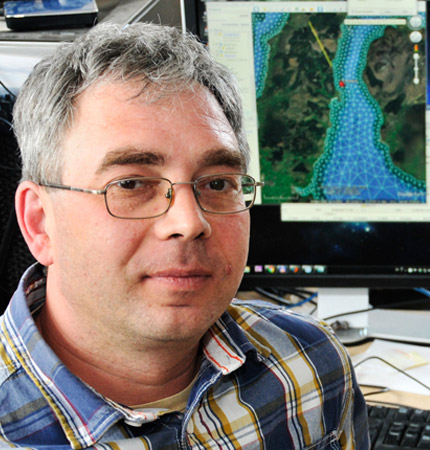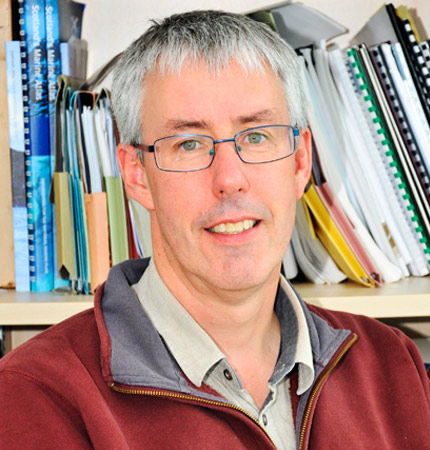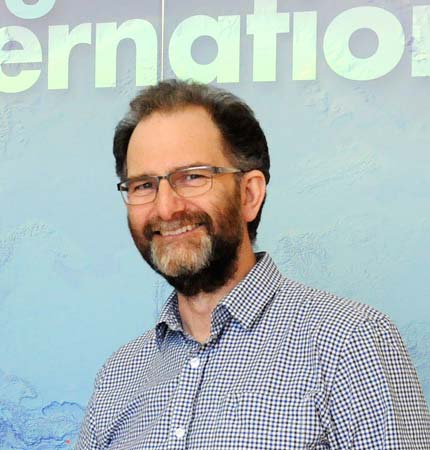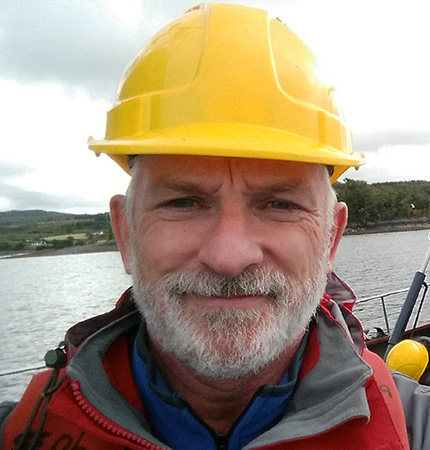Combining Autonomous observations and Models for Predicting and Understanding Shelf seas
Shelf seas are important to us because we use them for fishing, transport, renewable energy and because they biologically and chemically diverse. The UK government has thus committeed to manage its seas and oceans to be clean, healthy, safe, productive and biologically diverse, so they achieve a standard defined as 'Good Environmental Status'. To achieve this obligation, we need comprehensive information about the state of our seas which is derived from numerical models and observational programmes.
CAMPUS aims to improve the quality of our knowledge and forecasting abilities so that decision makers can base their management strategies on reliable evidence. Various work packages look at different aspects such as harmful algal blooms, biogeochemical cycling and characterising the variability in NW European Shelf Seas.
As part of the project SAMS is working on a Scottish case study adding a biological layer into the current SAMS operational hydrodynamic forecast WeStCOMS modelling system.




